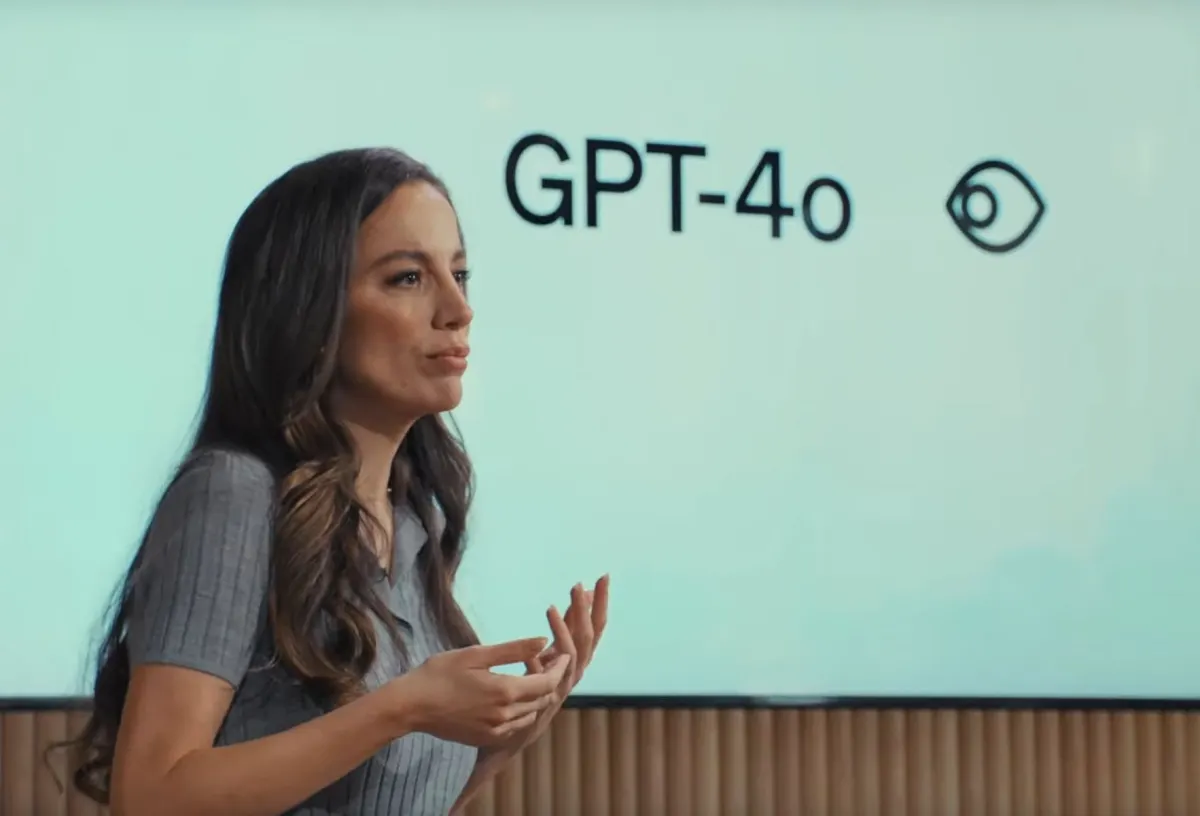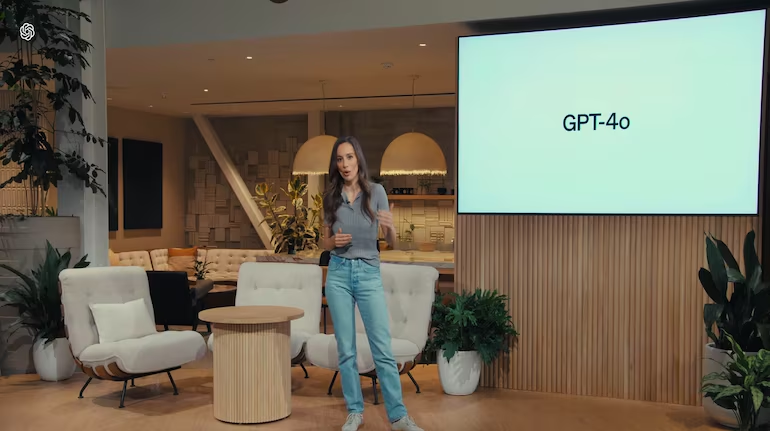Meta threw down the AI gauntlet at LlamaCon, revealing its standalone AI app and developer-friendly Llama API. Zuckerberg’s team is positioning itself as the open alternative to OpenAI’s walled garden approach—no restrictive agreements, just one line of code integration. The new Llama 3.1 405B model signals Meta’s serious intent to compete, backed by Zuck’s metaverse billions. This philosophical battle between open and closed AI systems might reshape how developers pick their digital dance partners.
Meta is throwing down the gauntlet in Silicon Valley’s hottest rivalry. At its first-ever LlamaCon, the social media giant revealed a consumer-focused AI chatbot that’s clearly gunning for ChatGPT‘s throne. It’s like watching two heavyweight champions circle each other in the ring—except instead of boxing gloves, they’re wielding billions of parameters.
The standalone Meta AI app isn’t just another chatbot. It comes with a social feed for sharing AI conversations, a not-so-subtle jab at rumors of OpenAI’s social aspirations. *Think of it as Meta saying “we already own social, remember?”*
Meanwhile, developers got their own treat with the new Llama API, which fundamentally lets them tap into Meta’s AI power with just one line of code. No third-party cloud necessary, thank you very much.
Meta’s new Llama API slashes complexity to a single line of code—AI muscle without the cloud middleman.
What’s fascinating here is the philosophical showdown. Meta’s positioning itself as the champion of openness in AI, with Mark Zuckerberg pointedly noting that unlike OpenAI, they’re not in the business of selling AI access. The Llama models come with developer-friendly terms that practically scream “we’re not going to lock you in!”
It’s a clever strategy to woo partners who might be side-eyeing OpenAI’s walled garden approach. On the technical front, Meta’s flexing hard with Llama 3.1 405B, which they’re calling the “most capable openly available foundation model” on the market. Companies incorporating this technology could see profit increases similar to the 45% boost other AI-adopters have experienced. This comes despite Llama 4’s underwhelming performance compared to competing models like DeepSeeks. The event took place at Meta headquarters in Menlo Park, California, underscoring the company’s commitment to its AI initiatives.
The company’s rapid-fire updates to Llama suggest they’re dead serious about challenging OpenAI’s technical superiority. The timing of LlamaCon wasn’t accidental either. By staging their AI showcase before competitors could make similar announcements, Meta’s effectively saying “first!” in the comments section of the tech industry.
For developers and enterprises caught between these AI titans, the choice increasingly boils down to philosophy: open versus closed. And Meta’s betting big that in the long run, open will win—especially when backed by billions in Zuckerberg’s metaverse money.









